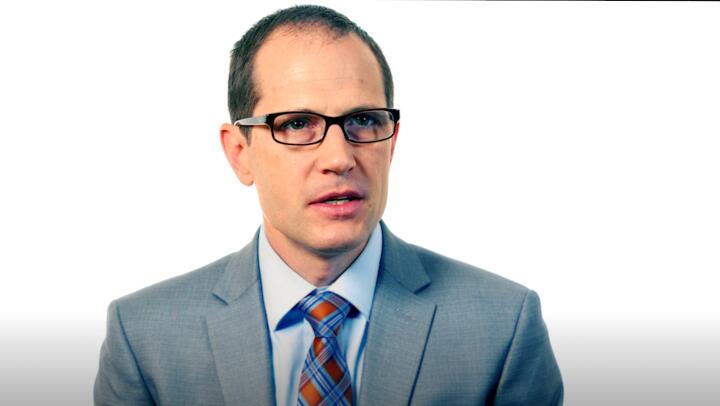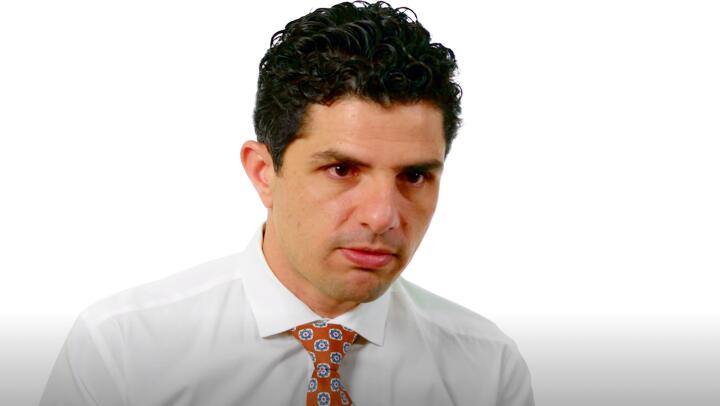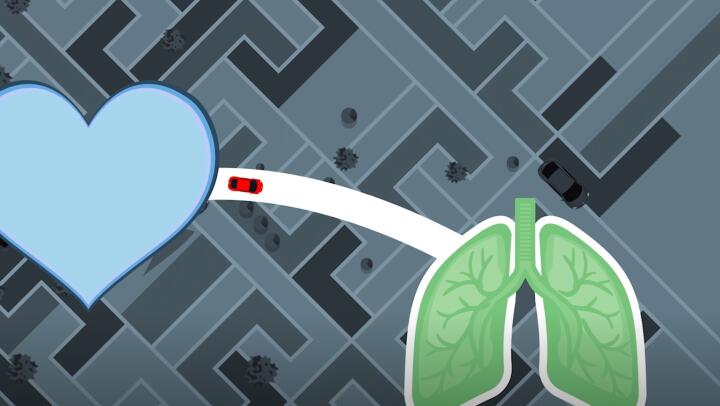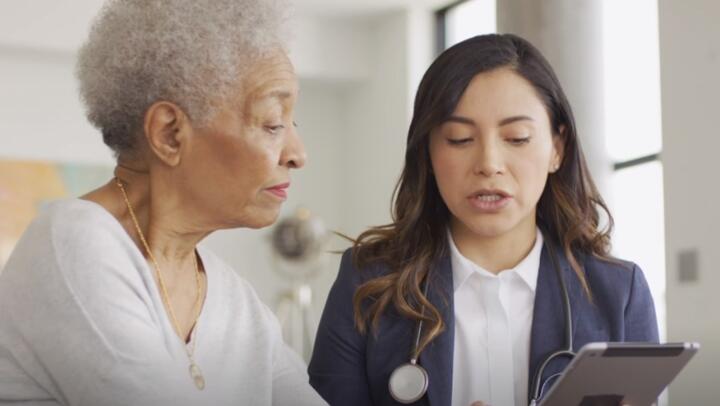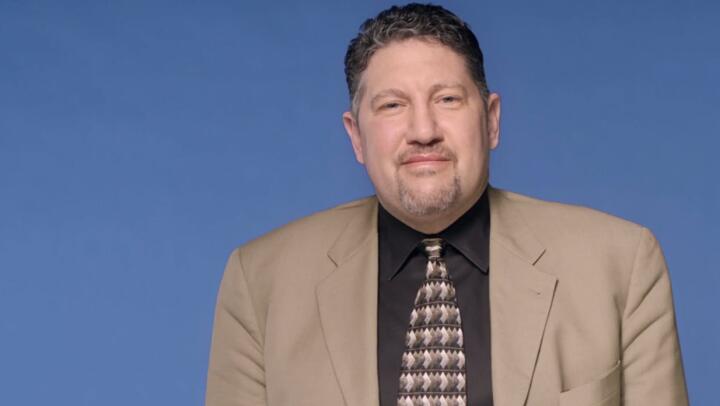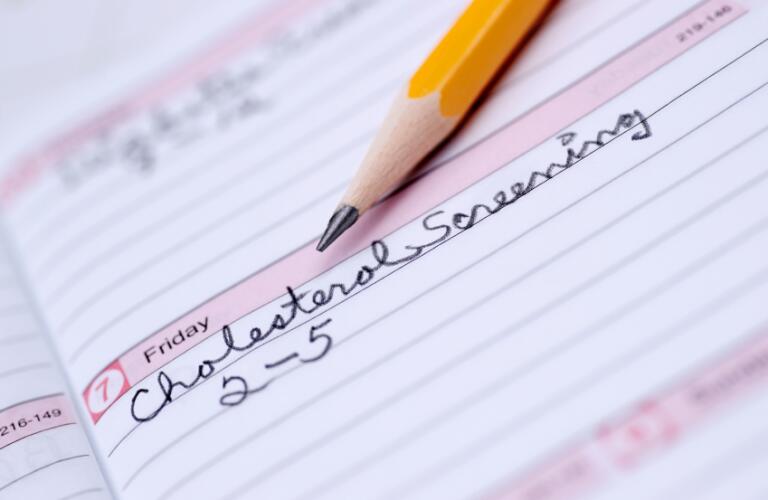
Though your body needs some cholesterol, too much makes you more likely to have a heart attack or a stroke. You could have high cholesterol and not even know it. There are usually no signs or symptoms when you have too much of it in your blood. That’s why making sense of your cholesterol numbers is so important.
Your doctor tests your blood to measure the amount of cholesterol it contains. These tests give several different numbers for different types of cholesterol:
- Total Cholesterol
- LDL Cholesterol
- HDL Cholesterol
- Triglycerides
Total cholesterol is a combined measurement of all the cholesterol in your blood. Cholesterol moves through your blood as a combination of protein and fat. The combined molecule is called a lipoprotein. (“Lipo” comes from the word “lipid.” Fat is a type of lipid.). This test measures three common lipoproteins:
- Low-density lipoproteins (LDL), also known as "bad" cholesterol
- High-density lipoproteins (HDL), also known as "good" cholesterol
- Very low-density lipoproteins (VLDL)
Results: A desirable level is 200 milligrams per deciliter of blood (mg/dL) or lower.
Your total cholesterol level gives your doctor a general idea about your risk of heart disease. But it does not give a breakdown of your LDL and HDL. Someone who has normal total cholesterol still could have high levels of LDL. Or the person could have an HDL level that is too low.
LDL cholesterol is the "bad" cholesterol, so your LDL level should be low. If it's too high, cholesterol can build up in your arteries and form a thick plaque. This causes your arteries to become narrow and less flexible. A common name for this is “hardening of the arteries." When your arteries narrow, not enough blood can get through to your heart and brain. This can lead to a heart attack or stroke.
Results: An LDL level of less than 100 mg/dL is optimal for most people.
HDL cholesterol is the "good" cholesterol. It helps protect against heart disease because it carries LDL cholesterol away from your arteries. It takes it to your liver, which moves it out of the body. As a result, a very low HDL level increases your risk of heart disease.
Results: An HDL level of 60 mg/dL or higher is ideal. For men, HDL should not drop below 40 mg/dL. For women, it should not drop below 50 mg/dL.
Triglycerides are a type of fat in your blood. When your triglyceride level is high, you have a greater risk of heart disease or stroke.
Results: A level below 150 mg/dL is optimal.
Your diet affects your cholesterol levels. Saturated fat raises your LDL level. It comes from certain meats and dairy products. Fried and processed foods have saturated fat too. They may also have trans fats. These fats raise your LDL and lower your HDL cholesterol.
Other lifestyle factors that affect your cholesterol levels include:
Frequent and heavy alcohol use is particularly bad for triglyceride levels, so people with high triglycerides should also avoid alcohol.
Knowing how to make sense of your cholesterol numbers is a good start. If your numbers are in the healthy range, great! If your numbers are not as good as you would like them to be, it’s time to look at what you can do to point them in the right direction. Your doctor will consider all of your risk factors when developing a treatment strategy that is right for you.





